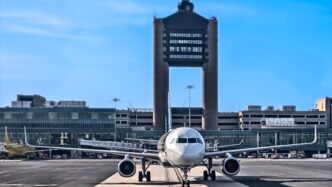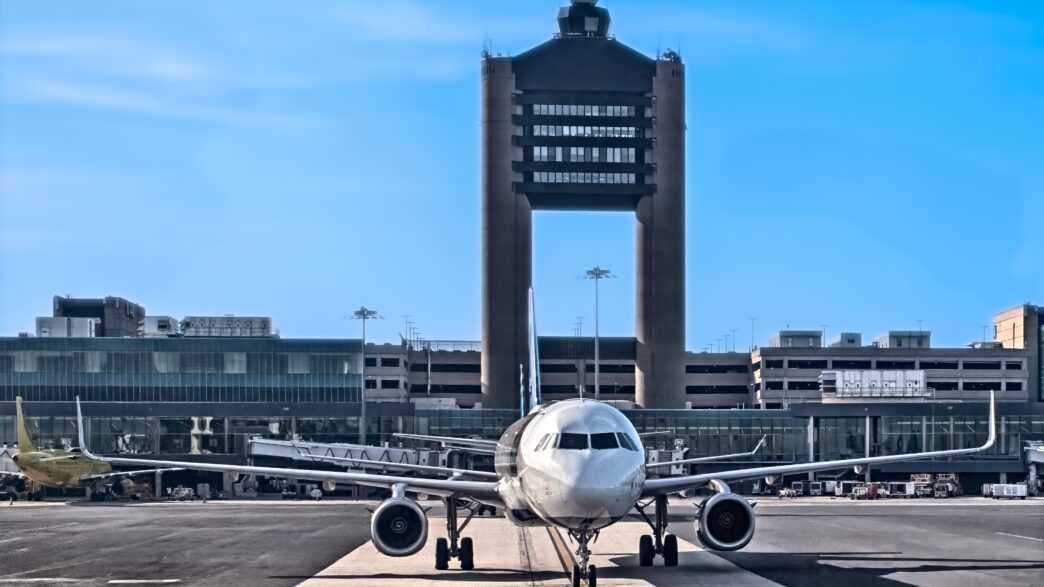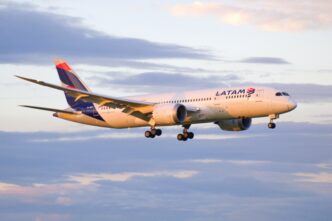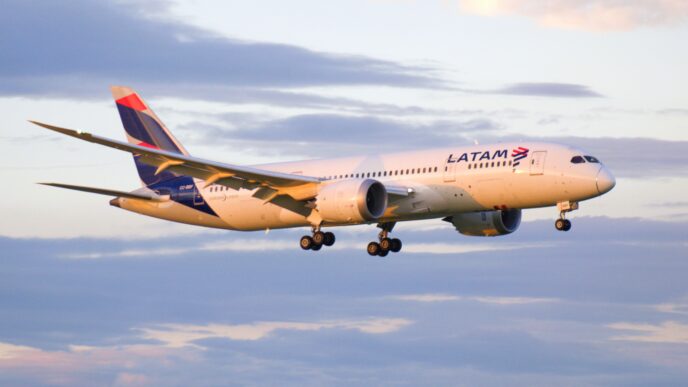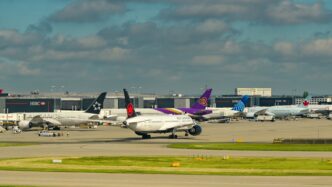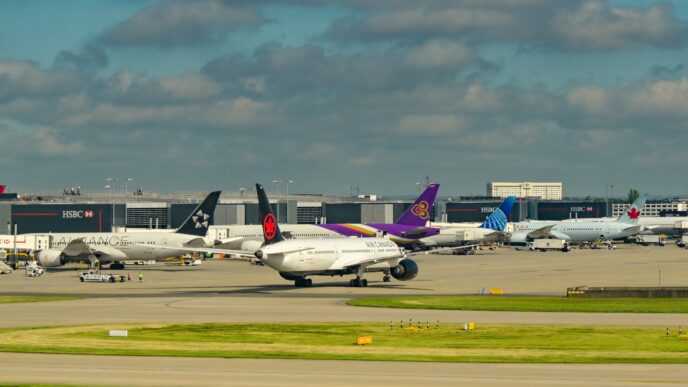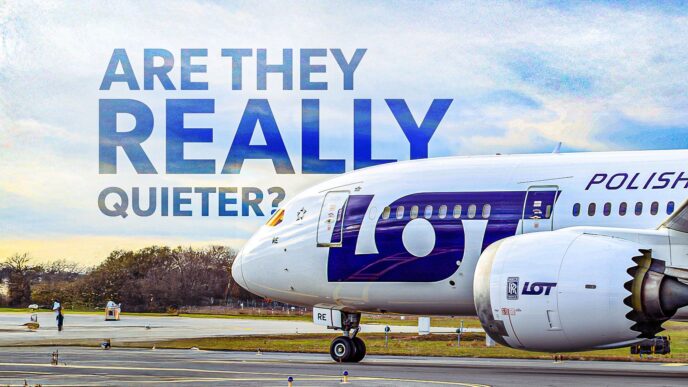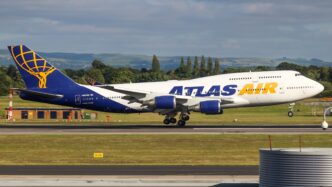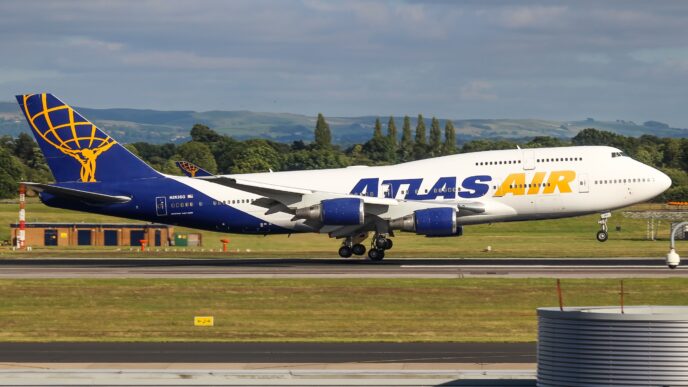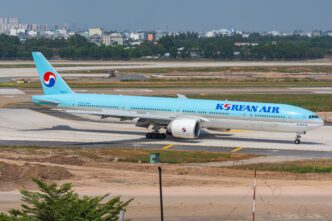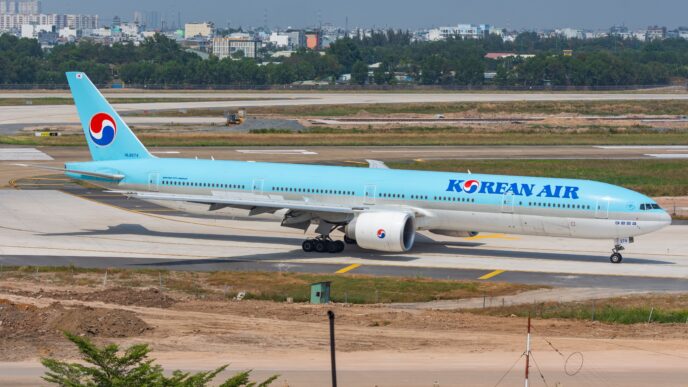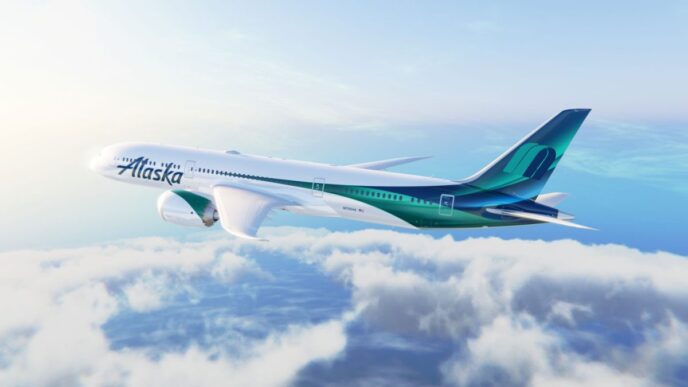Wildfires are currently blazing across Canada, with hundreds of individual fires scorching vast stretches of wilderness. The resulting smoke has drifted south, creating a thick haze that recently led to a temporary ground stop at Boston Logan International Airport (BOS). The smoke reduced visibility to a point where the Federal Aviation Administration (FAA) had to pause operations to ensure flight safety. Flights were delayed by about an hour on average, affecting major carriers like Delta Air Lines and JetBlue.
The situation isn’t just affecting air travel. The Michigan Department of Environment, Great Lakes, and Energy (EGLE) issued an Air Quality Advisory due to unhealthy levels of fine particulate matter. The smoke, primarily from fires in Manitoba and Ontario, is being trapped by a high-pressure system over the Midwest, worsening air quality across the region. EGLE hopes conditions will improve by Wednesday as the high-pressure system moves out, but they caution that smoke forecasts can be unpredictable.
In Canada, the fires are raging in remote areas that are challenging to reach, including Alberta, British Columbia, Manitoba, and Saskatchewan. The Canadian Interagency Forest Fire Centre (CIFFC) has mobilized 30 fire-bombers and other firefighting aircraft to tackle these blazes. So far in 2025, over 6.7 million acres have burned in more than 4,000 fires. The scale of these wildfires is a stark reminder of the challenges posed by climate change and the need for effective firefighting strategies.
#CanadaWildfires #AirQualityAlert #FlightDelays #ClimateChangeImpact #FirefightingEfforts
Originally reported by Simple Flying Read More
